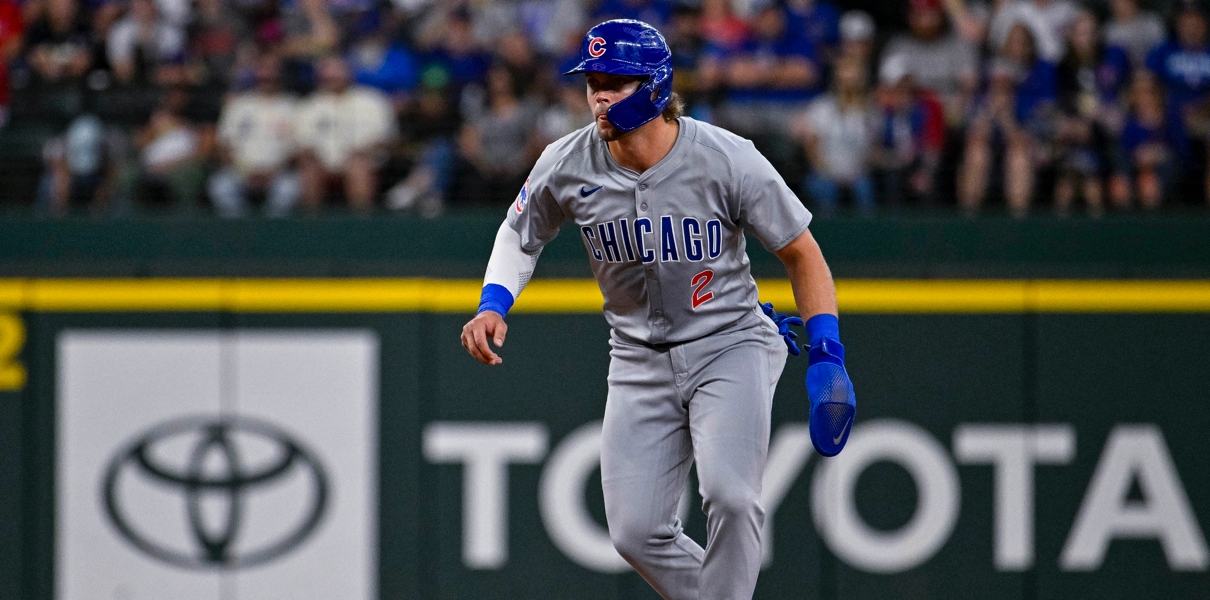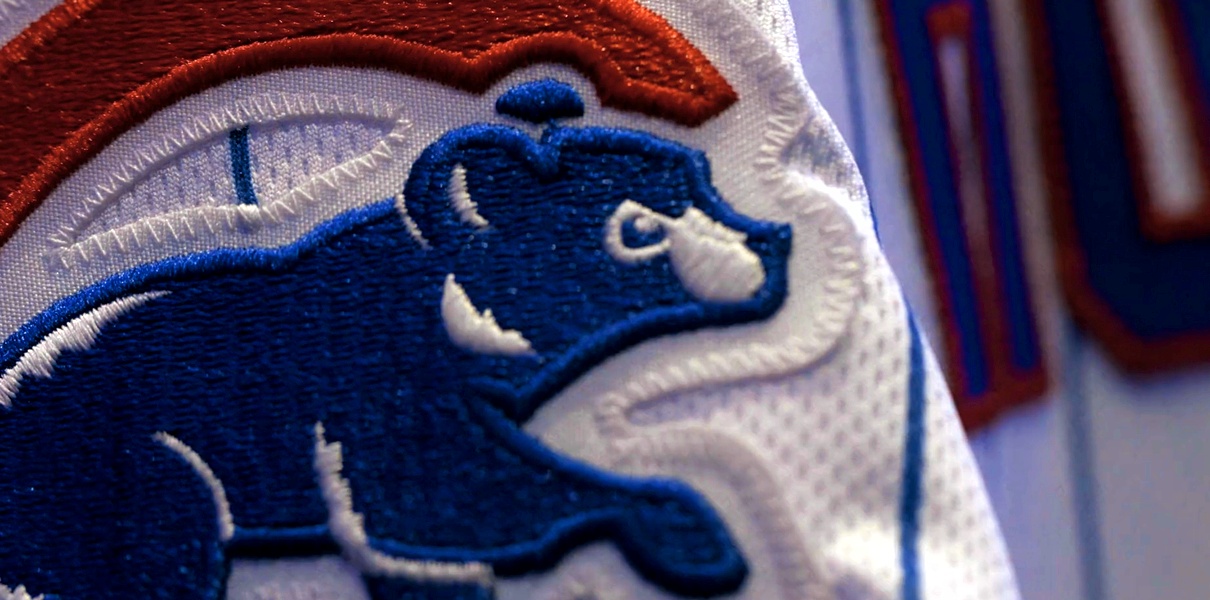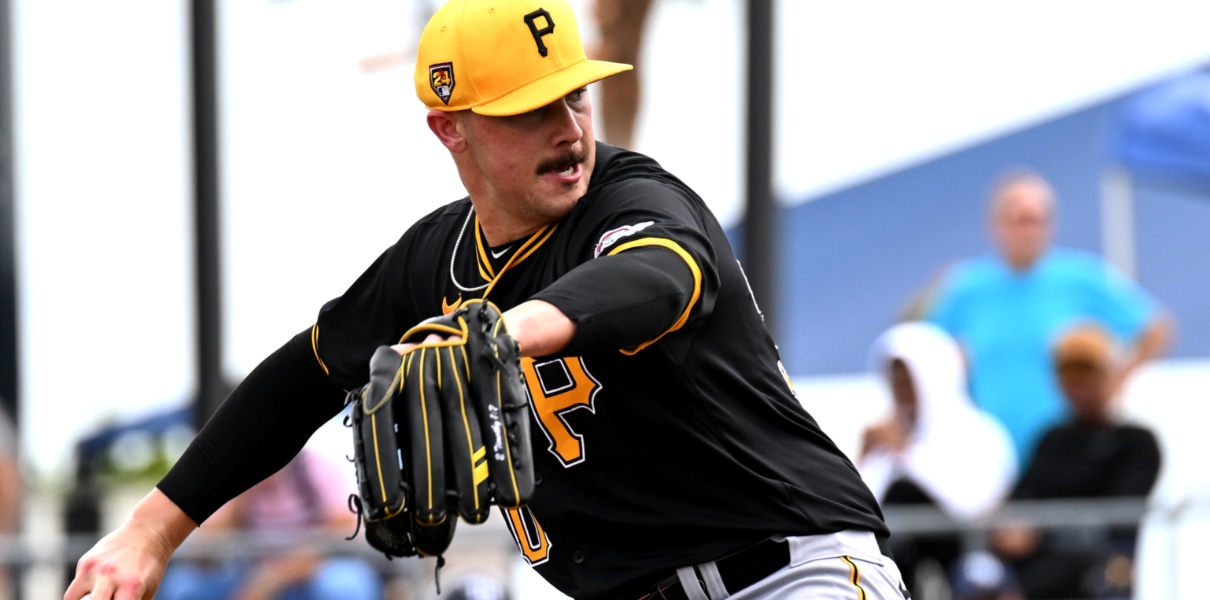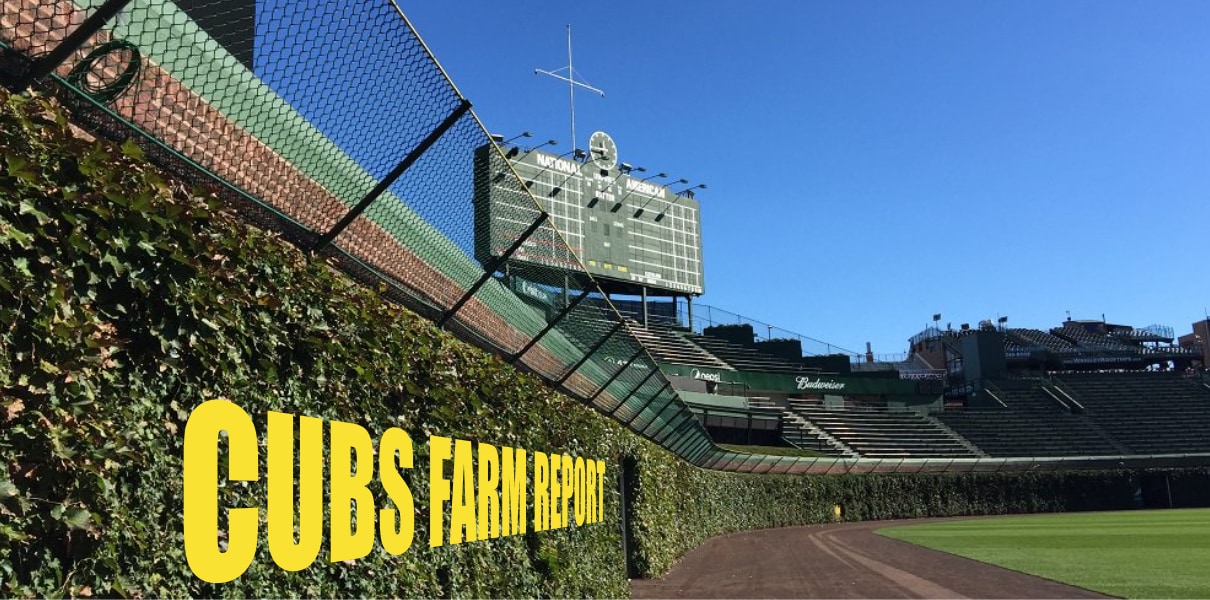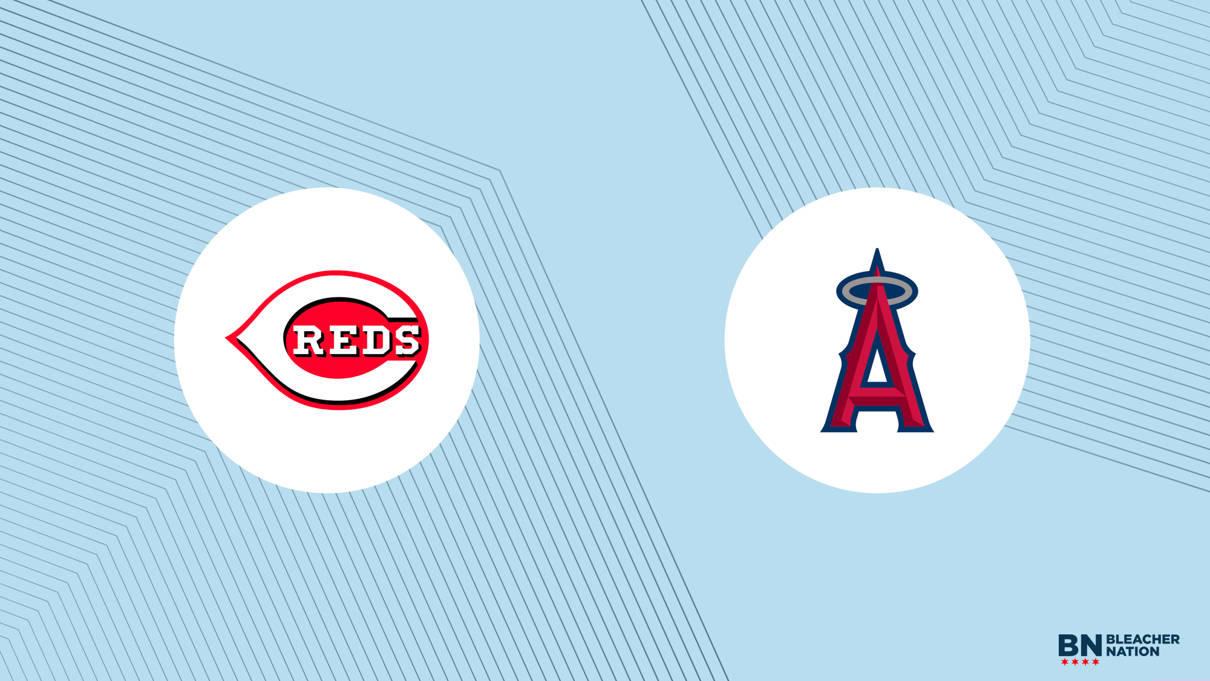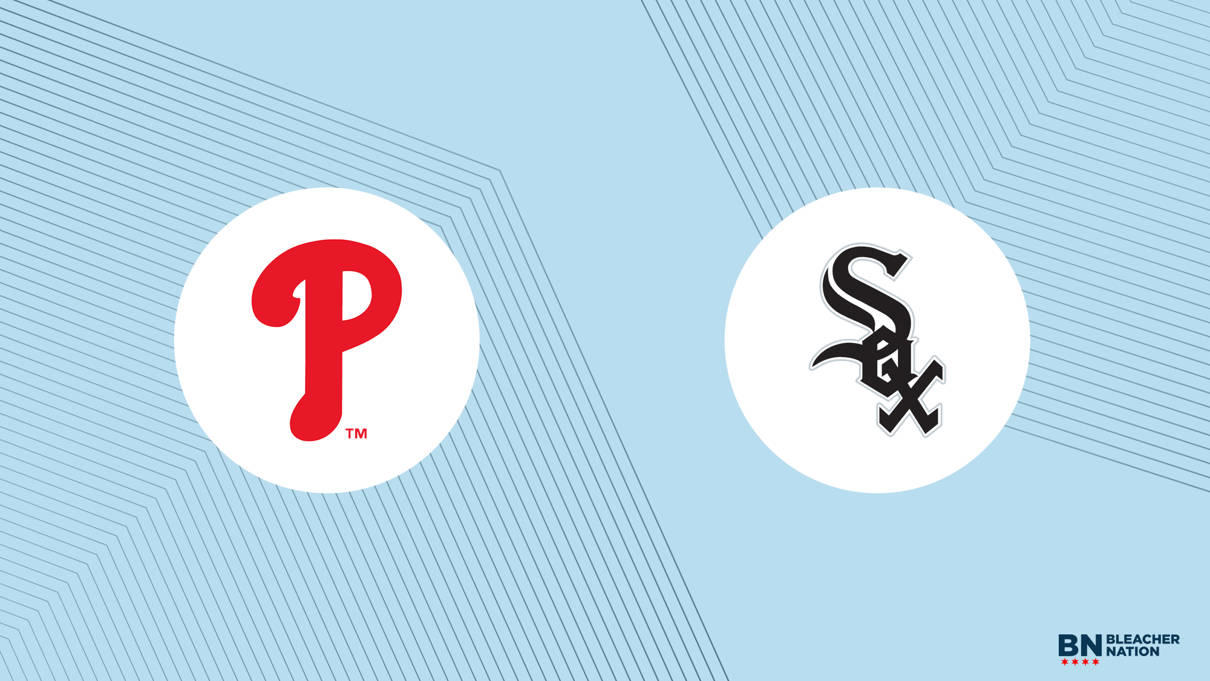
I say “most” folks, though, because some members of the immediately-surrounding community remain to be convinced that increased signage, more night games, more concerts, and street fairs are a good thing. While their approval may not be strictly necessary with respect to some of the funding mechanisms, the Cubs undoubtedly would prefer to work on a collaborative way.
Representing those interests is Alderman Tom Tunney, a fixture in Wrigley-related discussions since time immemorial (in reality, it’s been 10 years). He has, at various times, supported the Wrigley renovations, presumably insofar as they benefit his constituency (which, if we avoid cynism for just a moment, is his job, I suppose). His position on the current proposals, though, is only just starting to take shape. And it sounds like he has some reservations.
“I think a lot of balloons are being floated,” Tunney told John Byrne of the Tribune. “A lot of what they said has not been presented to the community.”
Tunney went on to discuss the potential impact on arguably his largest – and inarguably most invested – constituency, the rooftop owners. (Once again, disclosure: BN has an advertising relationship with some of the rooftops.) As noted yesterday, their concern is that increased signage or a JumboTron at Wrigley could block the views of their patrons, depressing their revenue and property value. They currently share 17% of their proceeds with the Cubs by agreement, so the Cubs do have some vested interest. Tunney suggested that the signage could appear on the rooftops, themselves, with the Cubs and the rooftops splitting the increased revenue. On the plus side, doing so would further preserve the character of Wrigley, but, on the down side, it’s less revenue for the Cubs.
Tunney separately told the Sun-Times that, obviously, he doesn’t support any signs that block views into the park from the rooftops, and indicated to both papers that he’s unhappy the Triangle Building project has been scrapped in favor of an open air area. His primary beef there appears to be the lack of parking in the area, which was to be increased dramatically in the project. The irony is that the Cubs have said they scrapped the Triangle Building in part because neighborhood residents expressed a desire for more open air areas.
The interplay between the Cubs, the city, and the neighborhood will continue to govern the Cubs’ ability to see their current funding plan through, but there isn’t yet a concern that the neighborhood will be able to unilaterally stop the plans if both the Cubs and the city are fully into it. And, let’s be real: without Wrigley Field, “Wrigleyville” is just another Chicago neighborhood. There should be considerable interest on the part of the residents and rooftop owners to play nice, too.






